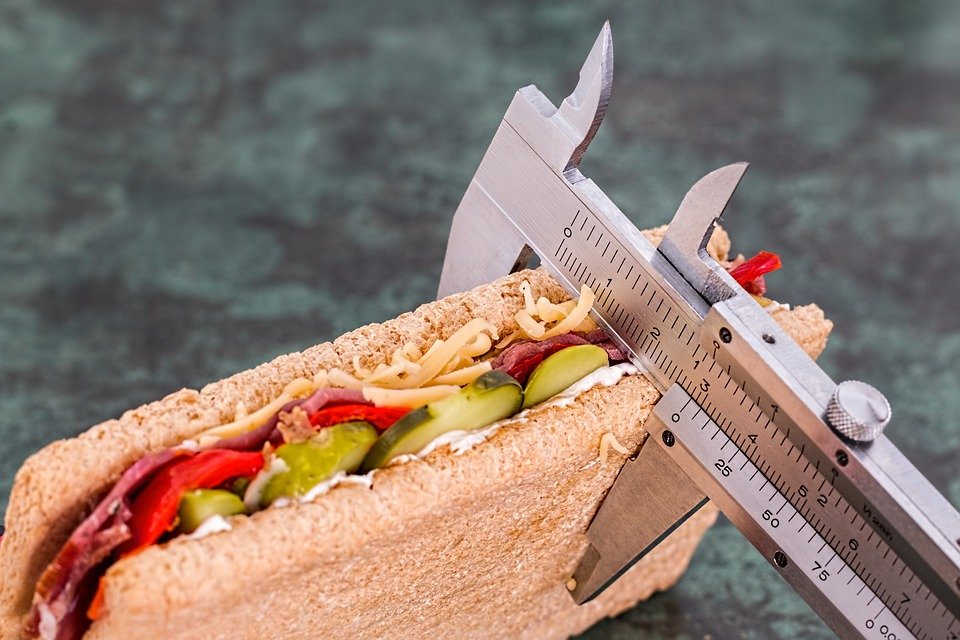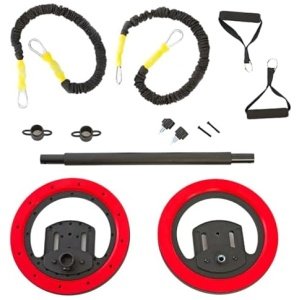10 Healthy Habits for Successful Weight Loss
Losing weight is a goal that many individuals strive to achieve. While it may seem challenging, adopting healthy habits can make the journey easier and more enjoyable. In this article, we will discuss ten healthy habits that can lead to successful weight loss. Whether you are just starting your weight loss journey or looking for ways to enhance your current efforts, these habits can help you achieve your goals.
1. Set Realistic Goals:
One of the keys to successful weight loss is setting realistic and achievable goals. Instead of aiming for a drastic weight loss in a short period, focus on steady and sustainable progress. This approach will not only make the process more manageable but also increase the chances of long-term success.
2. Practice Portion Control:
Portion control is crucial when trying to lose weight. It’s easy to overeat when faced with larger portions. By paying attention to serving sizes and listening to your body’s hunger cues, you can avoid unnecessary calorie intake. Using smaller plates and bowls can also help trick your mind into feeling satisfied with smaller portions.
3. Eat a Balanced Diet:
A balanced diet is essential for weight loss. Aim to include a variety of fruits, vegetables, whole grains, lean proteins, and healthy fats in your meals. These foods provide essential nutrients while keeping you full and satisfied. Avoiding processed foods and sugary snacks is also crucial for weight loss success.
4. Stay Hydrated:
Drinking enough water is often overlooked but is vital for weight loss. Staying hydrated can boost your metabolism, help control hunger, and reduce calorie intake. Aim to drink at least eight glasses of water per day, and increase this amount if you are physically active.
5. Exercise Regularly:
Regular exercise is a key component of any weight loss journey. Engaging in physical activity not only burns calories but also improves overall health and well-being. Choose activities that you enjoy, such as walking, jogging, cycling, or dancing, and aim for at least 30 minutes of moderate-intensity exercise most days of the week.
6. Get Adequate Sleep:
Sleep plays a vital role in weight management. Lack of sleep can disrupt hunger hormones, leading to increased appetite and cravings. Aim for seven to eight hours of quality sleep each night to support your weight loss efforts.
7. Manage Stress:
Stress can often lead to emotional eating and poor food choices. Finding healthy ways to manage stress is essential. Engage in activities such as yoga, meditation, deep breathing exercises, or hobbies that help you relax and unwind.
8. Practice Mindful Eating:
Mindful eating involves paying attention to your eating habits and being fully present during meals. Slow down, savor each bite, and listen to your body’s hunger and fullness cues. By practicing mindful eating, you can prevent overeating and make healthier food choices.
9. Keep a Food Journal:
Keeping a food journal can be a powerful tool for weight loss. Write down everything you eat and drink throughout the day, including portion sizes. This practice increases self-awareness and helps identify areas where you can make healthier choices.
10. Stay Consistent:
Consistency is key when it comes to successful weight loss. Adopting healthy habits and sticking to them over time will yield the best results. Avoid quick-fix diets or extreme measures, as they are often unsustainable and can harm your overall health.
FAQs:
Q: Can I lose weight without exercise?
A: While exercise is not mandatory for weight loss, it plays a significant role in boosting your metabolism and improving overall health. Combining a healthy diet with regular physical activity yields the best results.
Q: Can I eat my favorite foods while trying to lose weight?
A: Yes, you can still enjoy your favorite foods while trying to lose weight. Moderation is key. Incorporate your favorite treats as occasional indulgences, while focusing on a balanced diet and portion control.
Q: How long does it take to see weight loss results?
A: Weight loss results vary from person to person. It’s important to remember that healthy weight loss is gradual and sustainable. Aim for a steady weight loss of 1-2 pounds per week for long-term success.
Q: Are fat-free or low-fat foods better for weight loss?
A: Fat-free or low-fat foods are not necessarily better for weight loss. They often contain added sugars and artificial ingredients. Opt for whole foods and choose healthy fats in moderation, such as avocados, nuts, and olive oil.
Q: Can I drink alcohol while trying to lose weight?
A: Alcohol contains empty calories and can hinder weight loss progress. It’s best to limit alcohol consumption or opt for lower-calorie options such as light beer or wine in moderation.
In conclusion, adopting these ten healthy habits can pave the way for successful weight loss. Remember that sustainable weight loss is a journey that requires patience, consistency, and self-care. By setting realistic goals, practicing portion control, eating a balanced diet, exercising regularly, and prioritizing self-care, you can achieve your weight loss goals and maintain a healthy lifestyle.













